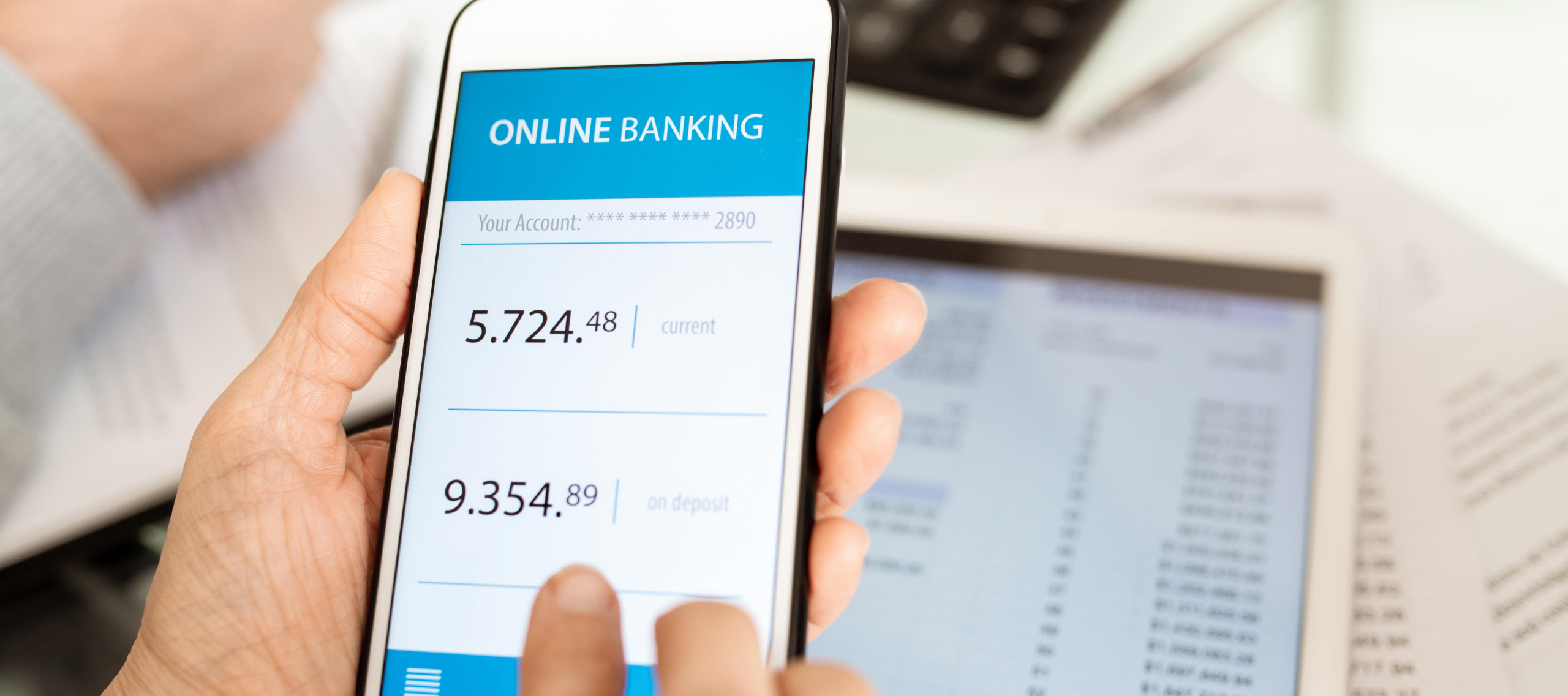
Self Assessment Deductions
16 December 2024
Filing a self-assessment tax return can feel overwhelming, but understanding the deductions you can claim can make a significant difference in your tax bill. Knowing what expenses are eligible for deductions helps you reduce your taxable income and ensures you don’t overpay. Here’s a breakdown of common deductions you may be entitled to when completing your tax return.
1. Business Expenses
If you’re self-employed, many business-related costs are deductible. These include office supplies, travel expenses, advertising, and utility bills for your business premises. If you work from home, you can claim a portion of your household expenses, such as electricity, heating, and internet costs, based on the amount of time and space used for work.
2. Professional Fees and Subscriptions
Fees paid to professional bodies or trade unions relevant to your work can often be claimed as deductions. Similarly, subscriptions to trade magazines or professional publications directly related to your business are eligible.
3. Mileage and Travel
For business-related travel, you can claim mileage expenses if you use your personal vehicle. HMRC’s standard mileage rates currently allow 45p per mile for the first 10,000 miles and 25p per mile thereafter. Public transport costs and accommodation for work trips can also be claimed.
4. Training and Development
Courses or training that help you maintain or improve your current skills for your job or business are deductible. However, training for new skills or qualifications usually isn’t eligible.
5. Office Equipment
Purchases of computers, printers, desks, and other office essentials can be deducted as capital allowances. For small expenses, the Annual Investment Allowance (AIA) often allows full deductions in the year of purchase.
6. Pension Contributions
Contributing to a personal pension scheme can provide tax relief. Payments made to registered pension plans are eligible, reducing your taxable income while securing your future.
7. Childcare Costs
For parents, certain childcare expenses may qualify for tax relief, particularly if you’re using an approved childcare provider. This can help reduce your overall tax liability.
8. Charitable Donations
Donations made under the Gift Aid scheme allow you to claim back the difference between the basic and higher tax rate, if applicable.
9. Bad Debts
For self-employed individuals, unpaid invoices that you’ve written off as bad debts can be deducted from your income.
Understanding and claiming eligible deductions is essential to minimizing your tax liability. Keeping detailed records and receipts throughout the year will make the process easier. If you’re unsure about any deductions, contact us and we can help you navigate the rules and maximise your claims.